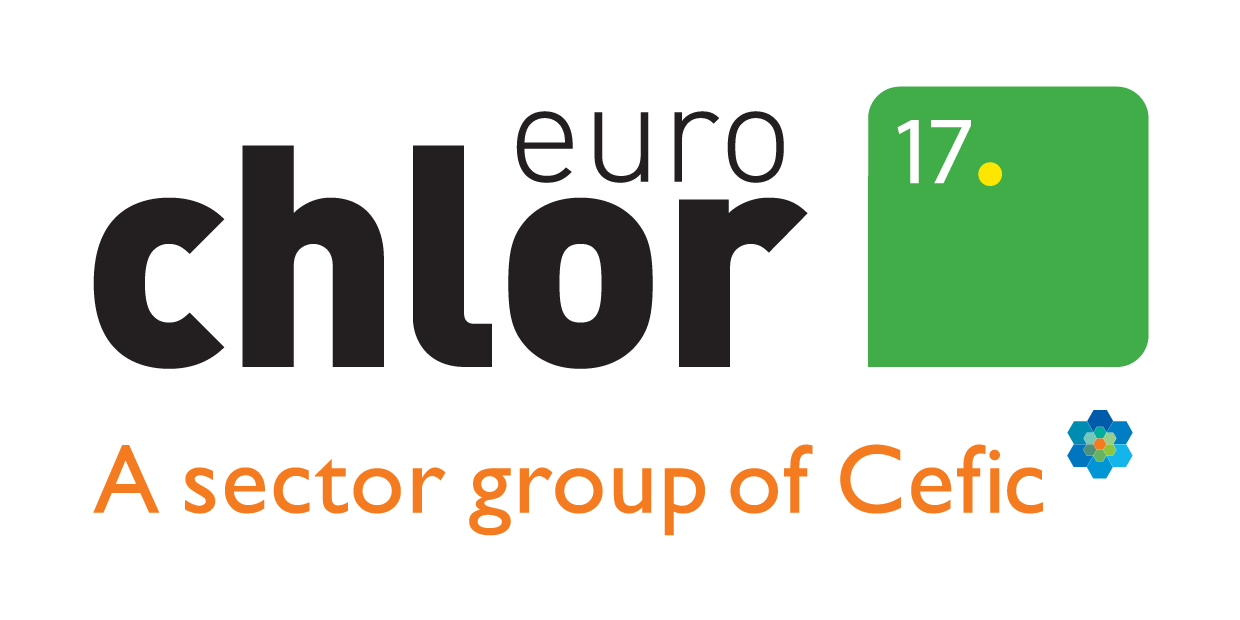First two REACH substances passed OECD Chemicals Assessment
The Organisation for Economic Co-operation and Development (OECD) works with member countries and other stakeholders to cooperatively assess the hazards of industrial chemicals. The focus of the OECD Cooperative Chemicals Assessment Programme is to derive OECD-wide agreed hazard assessments of chemicals. These are available to the public and can be used for risk assessment and other activities within national or regional programmes.
Further, this cooperative work allows member countries and the chemical industry to share the burden of evaluating chemicals and avoid duplication, which in turn increases efficiencies, decreases costs and minimizes the need for animal testing.
The substances dichloromethane and carbon tetrachloride were registered under REACH by the end of 2010. The chlorinated solvents producers, in collaboration with Switzerland, have reused the work done for REACH and attained international agreement by the OECD Cooperative Chemicals Assessment Programme. The conclusions are now publicly available from the eChemPortal ( www.oecd.org ).
Footnote to Editors:
About ECSA (European Chlorinated Solvent Association):
ECSA represents the interests of the producers of chlorinated solvents in the EU that are organized under Euro Chlor. Euro Chlor is the Brussels based business association representing chlor-alkali producers in the EU and EFTA regions.
Almost 2,000,000 jobs in Europe are related to chlorine and its co-product caustic soda. These two key chemical building blocks underpin 55% of the European chemical industry turnover.
More than 90% of the European drinking water is made safe with chlorine and about 85 % of all medicines are synthesized using chlorine chemistry. Euro Chlor is a sector group of Cefic - the European Chemical Industry Council.
